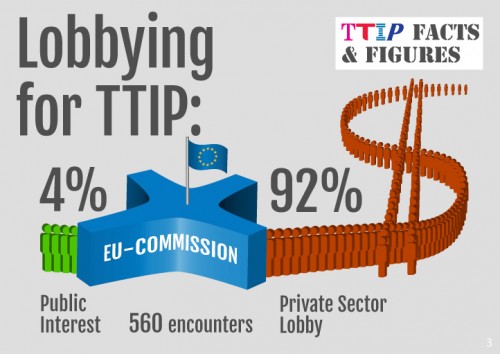
Sinn Féin Dublin City Councillors have this evening voted to reduce the local property tax by the full 15%.
Speaking after the vote Cllr Carney Boud said:
“Sinn Féin believes that the local property tax is a regressive, unjust austerity measure and the 15% reduction will result in €11.6m going back into people’s pockets throughout the city.
This is a small step on the road to complete abolition of the local property tax, which is Sinn Féin’s policy should we be elected to government.”
“In addition to the water charges, the local property tax was introduced by the government as part of its austerity agenda with absolutely no regard to people’s ability to pay.
As a result, those who can afford to pay more in tax simply don’t. There are people on very high earnings living next door to those who struggle to pay – a situation resulting from the variation of property prices over time. That is a failed policy on the part of the government.”
“At a time when over 110,000 families are in mortgage distress of over 90 days and deprivation levels remain unacceptably high, the regressive and blanket nature of the local property tax is simply unacceptable.”

